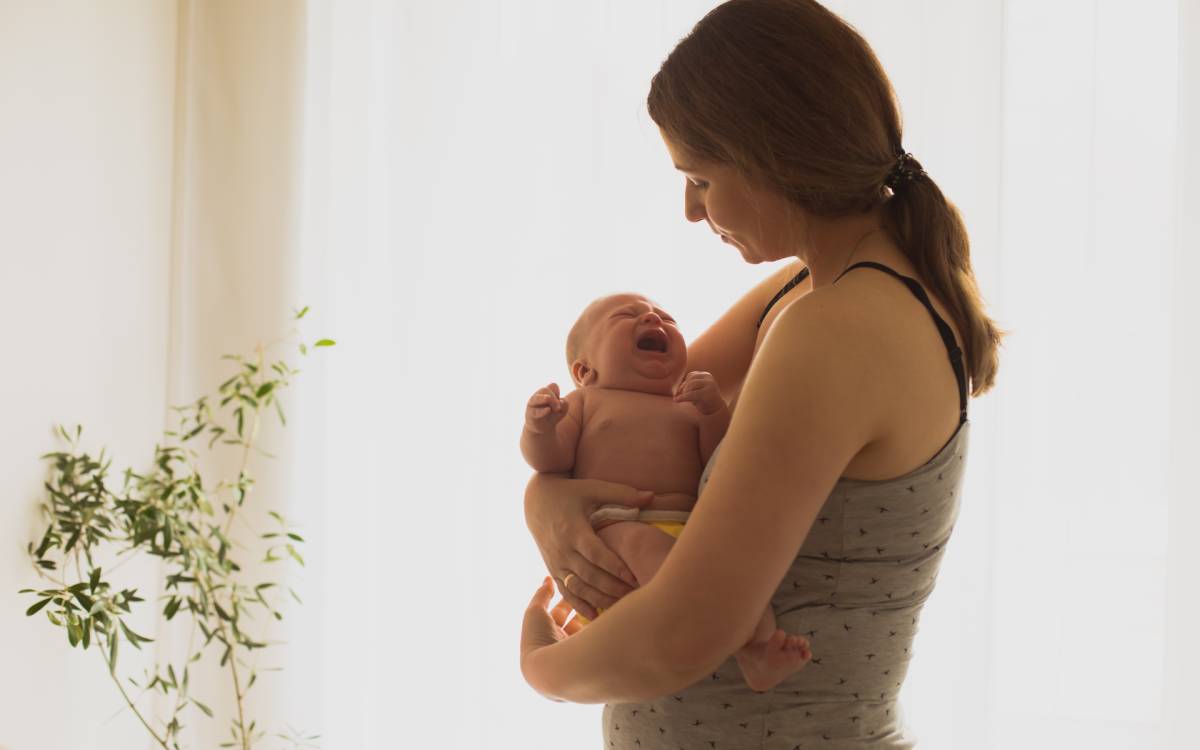The postpartum period, often referred to as the “fourth trimester,” spans the weeks following childbirth. This transformative time is marked by a myriad of physical, hormonal, and emotional adjustments.
Physical Changes
Uterine Changes: After delivery, the uterus starts contracting to return to its pre-pregnancy size. Women often feel these as “afterpains,” which can be especially noticeable during breastfeeding.
Vaginal and Perineal Area: Some soreness and swelling, especially if there’s been a tear or episiotomy, are common. Lochia, the post-birth discharge, starts heavy and gradually lightens.
Breasts: They may become engorged, tender, and larger as they start producing milk. This is typically most intense during the initial days of breastfeeding.
Hair and Skin: While pregnancy might have given a fuller hair look, postpartum can usher in hair loss, though it’s temporary. There might also be changes in skin pigmentation.
Weight: While some weight is naturally lost immediately after childbirth, returning to pre-pregnancy weight takes time.
Hormonal Fluctuations: Rapid hormonal changes can lead to night sweats and mood swings.
Emotional and Mental Changes
“Baby Blues”: Characterized by mood swings, sadness, irritability, and anxiety, these feelings usually appear a few days after childbirth and can last up to two weeks.
Postpartum Depression: More severe than baby blues, postpartum depression includes symptoms like excessive crying, intense irritability, difficulty bonding with the baby, and withdrawal from family or friends. It requires medical attention.
Postpartum Anxiety: Some women experience intense fears or worries, which can interfere with daily tasks.
Postpartum Psychosis: A rare condition, it includes symptoms like hallucinations, delusional thinking, and obsessive thoughts about the baby. It’s a severe and immediate medical concern.
“Mommy Brain”: Some women report forgetfulness or feeling scatterbrained, often attributed to hormonal changes and sleep deprivation.
Recovery and Self-Care
The postpartum period is a time of healing and adjustment. Women are advised to:
– Ensure ample rest to promote physical recovery.
– Seek support, whether it’s for household chores, baby care, or emotional health.
– Engage in gentle exercises, as advised by the healthcare provider.
– Consume a balanced diet to support healing and lactation.
– Reach out to a professional if feelings of sadness or anxiety persist.
The postpartum journey is as profound as pregnancy itself and should be treated as such. It is a time of great joy but also of intense emotional upheaval and often quite serious challenges. It is important to recognize these challenges and seek help and support from family, friends, and medical providers. Recognizing and understanding the changes that occur during the postpartum period, coupled with adequate support, can make this journey smoother and more enriching for everyone.
For further reading…
Kaiser Permanente: https://about.kaiserpermanente.org/health-and-wellness/our-care/supporting-new-moms-in-the-postpartum-period
Healthline: https://www.healthline.com/health/parenting/postpartum-symptoms-from-real-moms
